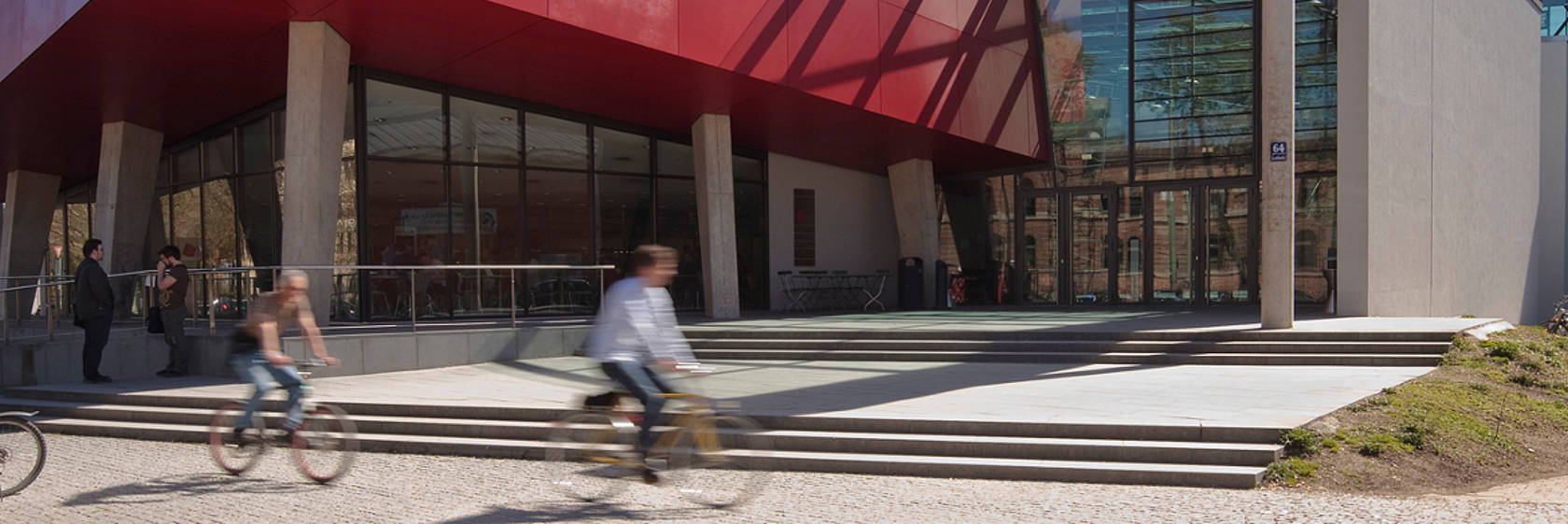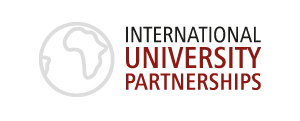History of the the universities of applied sciences
The German Fachhochschulen, some of which have been renamed Hochschulen für Angewandte Wissenschaften (universities of applied sciences), developed in the 1970s from engineering schools, academies and higher technical schools for design, social work and business. The establishment of Fachhochschulen as an independent type of higher education institution was agreed in a declaration of principle by the Minister Presidents on the establishment of Fachhochschulen on 5 July 1968. On 31 October 1968, the "Agreement between the Federal States of the Federal Republic of Germany on Unification in the Fachhochschule System" was adopted, laying the foundation for the establishment of these institutions. This was followed by the agreements of the individual federal states.
Universities of applied sciences




![[Translate to English:] FAU Erlangen-Nürnberg. (Foto: Kurt Fuchs) [Translate to English:] FAU Erlangen-Nürnberg. (Foto: Kurt Fuchs)](/fileadmin/user_upload/editors/02_Forschungslandkarte/Fotos_Bilder/FAU_Erlangen-Nuernberg_FAPS_Fotograf_Kurt_Fuchs.jpg)
![[Translate to English:] Studierende an der Universität Bonn (Foto: Barbara Frommann/Universität Bonn) [Translate to English:] Studierende an der Universität Bonn (Foto: Barbara Frommann/Universität Bonn)](/fileadmin/_processed_/7/4/csm_Uni_Bonn_Barbara_Frommann_Studierende_21da0227db.jpg)
![[Translate to English:] Absolventen der Universität Bonn (Foto: Volker Lannert/Rheinische-Friedrich-Wilhelms-Universität Bonn) [Translate to English:] Absolventen der Universität Bonn (Foto: Volker Lannert/Rheinische-Friedrich-Wilhelms-Universität Bonn)](/fileadmin/_processed_/8/b/csm_Universitaet_Bonn_Volker_Lannert_762cacac9d.jpg)
![[Translate to English:] studieren und promovieren in Deutschland [Translate to English:] studieren und promovieren in Deutschland](/fileadmin/_processed_/9/1/csm_Hochschulkompass_be35189e70.jpg)
